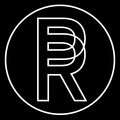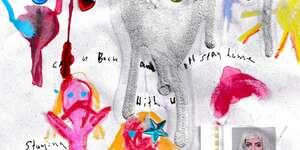Maple Glider
Maple Glider
country: Australia
genre: Singer/Songwriter
styles: Pop, Singer-Songwriter, Alternative, Alternative, Folk, Alternative, Folk

Reviews and Comments
For Tori Zietsch, who records emotionally direct and woozily romantic songs under the moniker Maple Glider, music has been an escape from a series of oppressive institutions: religion, enervating relationships, her own brain. Zietsch’s music has formed new pathways both literal and metaphorical; physical and neural, that have allowed her to step outside herself, and shake you—yes, you, the listener—by the hand.
At 14, Zietsch freed herself from her restrictive and deeply limited religious upbringing and at 15—after learning to play guitar from a chord book—she played her first show, at a skate park. After touring the open mic scene in Brisbane, moving internationally to the UK, and returning to Melbourne, she released her critically lauded debut album To Enjoy is the Only Thing in 2021, which Rolling Stone described as “one of the most accomplished debut albums in recent years.”
I Get Into Trouble is a thematic expansion of her debut, going into greater and clearer detail, as she delves back into her Christian childhood while deconstructing her relationship to her body and her sexuality, alongside concepts of consent and shame. “Dinah,” a deceptively whimsical ditty, is the album’s entry-point to these themes, and it’s as infectious as an earworm wriggling through Eve’s apple. “I’ve been in the church making sure no one’s looking up my skirt,” she sings, on one of the poppiest songs she’s ever recorded.
Throughout Zietsch’s second album, she draws similar parallels between religion and sexuality in novelistic detail, before landing on a note of hopeful optimism, and embracing a new life of peacefulness. “This album feels more like an opening up because there are things I wasn't feeling ready to publicly share through songs, but now I finally feel ready,” she says.
Ultimately, I Get Into Trouble is the sound of alchemized pain. In each song, Zietsch transmutes tribulation and confusion into clarity and deep insight. She combines the infectious folk-pop hooks of her debut with a sense of scape and scope. It’s tight in all the right places, free-form, wiley and compositionally eclectic, playful, and erratic in others. That experimentation was the result of letting the songs roam free in the room, jamming alongside fellow musicians [their names here]. ‘Two Weeks’, a song about feeling skeptical of your own feelings, is appropriately indecisive and shifty in its tone, tempo and structure. The pacing is masterful, jumping between taut grooves and slow, unfurling sections of lacksaidaiscal guitar and candied vocals.
The profound trust in her collaborators as well as her newfound confidence in the studio enabled Zietsch to venture down to the very basement of her being and flare up to the surface. On ‘Don’t Kiss Me’, one of the album’s standout tracks, she forgoes her typically mellifluous vocal style to quite literally scream her heart out. “That was a particular moment of heightened emotion,” she says.
Zietsch wrote I Get Into Trouble in multiple houses, in multiple states of mind, and across multiple timelines in her life. The result is a precise diorama of her life and mind, as she revisits her most difficult moments, while processing and healing in real-time. Often on I Get Into Trouble, her multiple timelines collide. It’s a convergence best represented by ‘You At The Top Of The Driveway’—a song she wrote under a mulberry tree reminiscent of the one in her childhood garden, and dedicated to her niece—Zietsch’s songwriting muse.
Her lyrical style is stark and unblushing. Reaching a hand directly out to her listener, Zietsch sings as though she has nothing to hide. “My bank account’s not healthy and neither’s my sex life,” she sings matter-of-factly on ‘FOMO’. “It’s kind of just a natural way of writing for me,” says Zietsch, “if it doesn't feel like honest to me, then I don't really connect with the song and then I don't really see the point of it.” In song, Zietsch embraces the opportunity to be plainly and painfully honest.
For Zietsch, songwriting is a kind purging; recording an attempt at bottling multiple explosions. “You know, it helps clean the brain out and allows me to sort of deal with things and understand things better.”
In understanding herself better, Zietsch continues her mission of self-emancipation through song. Her second album is a document of radical honesty and transparency. Listen, and free yourself alongside her.
latest releases
 LP
LP
I Get Into Trouble
out on October 13, 2023
via Partisan Records
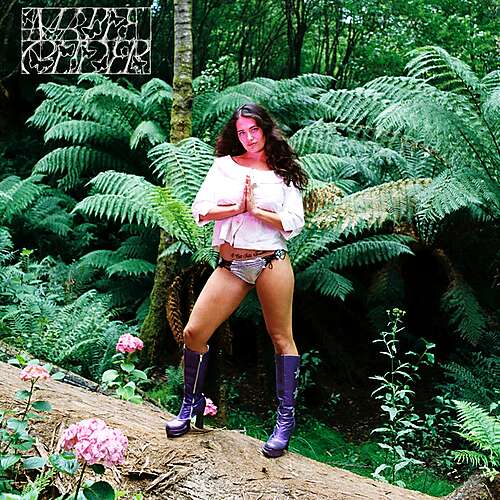
Two Years
out on September 12, 2023
via Partisan Records
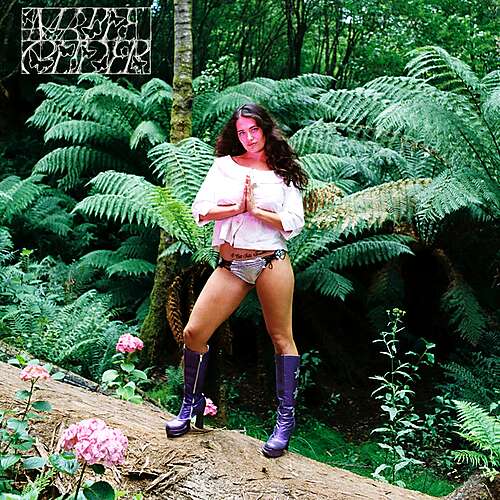
You At The Top Of The Driveway/You're Gonna Be A Daddy
out on August 15, 2023
via Partisan Records
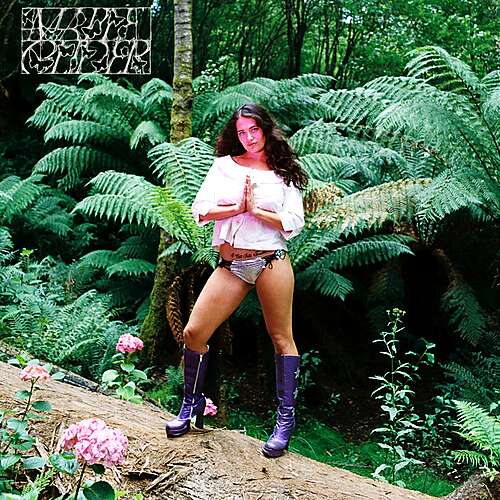 Single
Single
Dinah
out on July 11, 2023
via Partisan Records
 Single
Single
Don't Kiss Me
out on May 16, 2023
via Partisan Records
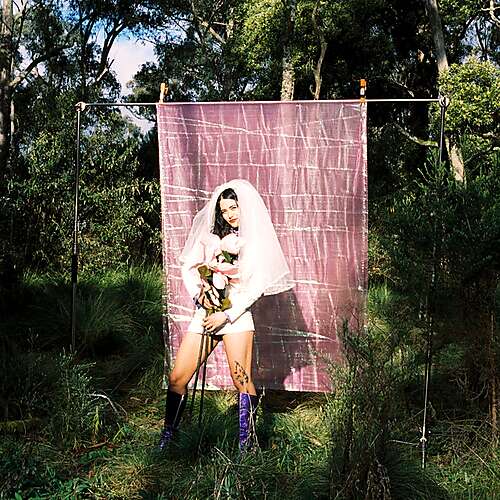 Single
Single
You're Still The One (Shania Twain Cover)
out on January 18, 2023
via Partisan Records


